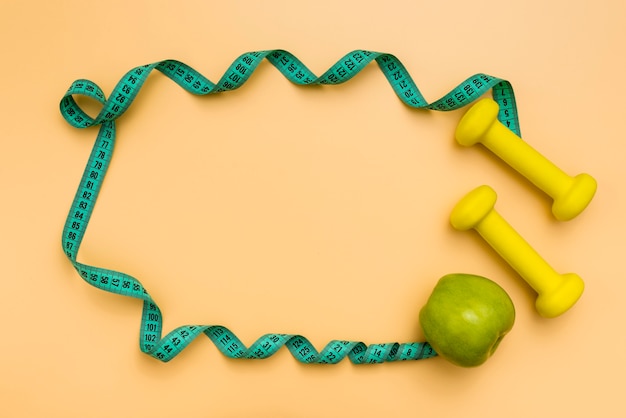
If you’re looking to shed some pounds, you might think counting calories and eating less is the way to go. However, Terry Fairclough, a top personal trainer and co-founder of Your Body Programme, suggests otherwise.
As a personal trainer, I’ve encountered a lot of different opinions and questions about the best diet for weight loss. Should we be counting calories? Should our meals be low fat, low carb, or high protein? Is fasting beneficial, or should we eat small, regular meals throughout the day?
While all these approaches can have their place depending on body type, goals, and activity levels, what you shouldn’t do is under-eat. We’ve all known someone who drastically cuts calories to get a “beach body,” expecting the weight to melt away. While a calorie deficit can lead to weight loss, it doesn’t necessarily mean fat loss, which is often the actual goal.
Nowadays, many people consume more food than needed, so a slight calorie deficit can help them return to a healthy balance. However, simply eating too little isn’t the solution to weight loss. When we eat food, our bodies convert carbohydrates into glucose, which serves as a main energy source. If not immediately used, glucose is stored as glycogen in muscles and the liver, along with water molecules. When you cut calories, you’re often losing the glycogen and water, not the fat.
Moreover, long-term calorie restriction can lead your body to cling to fat and break down protein instead. Protein is important because having more of it helps burn fat during rest. It’s crucial to consume enough calories from fats, carbs, and proteins.
Contrary to what some believe, eating fat isn’t the enemy when trying to lose weight. Fat is an important energy source—providing more than twice the energy as protein or carbs per gram—and is stored within muscle fibers to fuel exercise. Cutting fats out entirely can lead to an energy deficit, making fat loss harder.
Cutting calories too drastically and avoiding important nutrients can cause deficiencies affecting every system of the body, from the immune system to metabolism. Problems like fatigue, malnutrition, and hormone-related conditions can stem from under-eating.
Extreme calorie restriction puts stress on your body by increasing cortisol, a stress hormone. Short-term, this might lead to weight loss, but long-term stress causes the body to hold onto fat. As a result, metabolism slows, leading to fat gain, particularly around the belly. Stress also affects digestion, which can interfere with nutrient absorption, impacting health and weight loss efforts.
Restricting your calorie intake might also disturb your sleep. Low blood sugar can trigger adrenaline release, waking you up. Poor sleep affects everything from liver detoxification to immune function.
Some bodybuilders cut calories to get lean but then increase them post-competition. However, incorrect approaches can lead to health issues. Eventually, constant calorie cuts can slow your metabolism so much that losing weight becomes nearly impossible, as your body holds onto any excess calories in “famine mode.”
The key is eating the right amount of calories alongside carbs, fats, and proteins tailored to your body type, goals, and lifestyle. At Your Body Programme, we’ve found that increasing calories can actually help with fat loss. Focus on eating lean proteins, healthy carbs, and fats to support your body’s needs.
Terry Fairclough co-founded Your Body Programme. When not jotting notes by hand, he loves weightlifting. He trains hard as an ectomorph to maintain his physique.
Make sure you understand what your body requires for a healthy balance and metabolism to reach your health goals.




